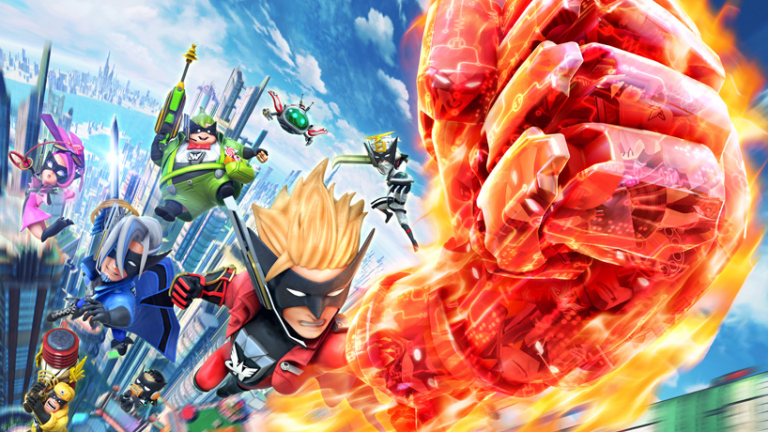
Image: Platinum Games/Nintendo via AFP Relaxnews
The development studio behind 2017’s acclaimed “Nier: Automata” has said that it is “more and more interested in self-publishing and doing [its] own titles.”
It was a year of critical acclaim and commercial success: 2017 saw not only the debut of PlatinumGames’ “Nier: Automata” through publishing giant Square Enix, but also the release of profile-raising PC remasters for cult hits “Okami” (Capcom, 2006,) “Bayonetta” (Sega, 2009) and “Vanquish” (Sega, 2010).
But rewind back to January 2017 and Platinum looked like it was having a bit of a wobble; after three years of development, Microsoft Studios confirmed the cancellation of ambitious action game “Scalebound”.
Rising from the ashes of “Viewtiful Joes”, “Okami” and “God Hand” developer Clover Studio, PlatinumGames established itself with a two-year sequence of original titles in “MadWorld”, “Bayonetta”, “Infinite Space” and “Vanquish”, each part of a four-game deal with Sega.
By 2013, it had overseen Konami’s outsourced “Metal Gear Rising: Revengeance”, an all-action take on a usually stealth-oriented secret agent franchise.
Further willingness to deal with product licenses was demonstrated through adaptations of cartoon series in “The Legend of Korra”, “Transformers: Devastation” and “Teenage Mutant Ninja Turtles: Mutants in Manhattan”, while Nintendo supplemented a two-sequel order for “Bayonetta” with a pair of “Star Fox” titles on the under-performing Wii U console.
So what of its future? Must fans wait for more dream-team collaborations, such as the one with “Nier” creator Yoko Taro, in order to unlock Platinum’s potential?
In fact, Platinum is looking to its own staff for inspiration.
“Over the last year we’ve pretty much opened the company up to ‘anybody can pitch a game,'” co-founder Atsushi Inaba told GameInformer (via Eurogamer). “We want to give [all staff] an opportunity to make their own game.”
“We’ve gotten about 70 design documents from different people,” he said, and the studio now has two designs that it is “genuinely focused on,” designs that would retain Platinum hallmarks of smooth control, crazy action, unique visuals, and original design.
Around 20 people from the 200-person studio would be involved in developing a self-published title, per Inaba, and it sounds like Platinum may be leaving the door open to crowdfunding of some sort.
“We will continue to do AAA games for other publishers,” he continued. “We want to surprise [people] by the fact that we’re doing this independent title and hopefully get support from the fanbase. Look forward to something cool in the future from Platinum.” JB
RELATED STORIES:
Does playing action video games change your brain?
Video gaming addiction to be recognized by WHO as a mental health disorder